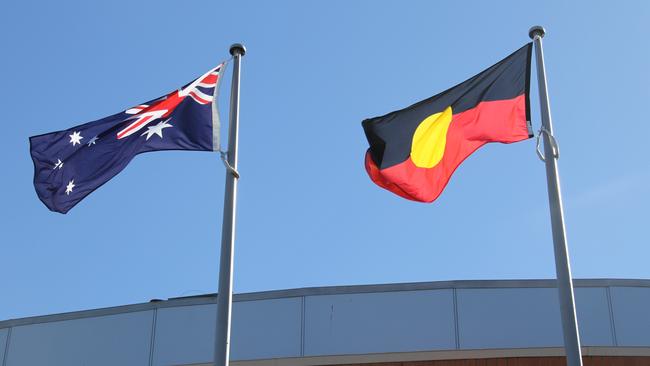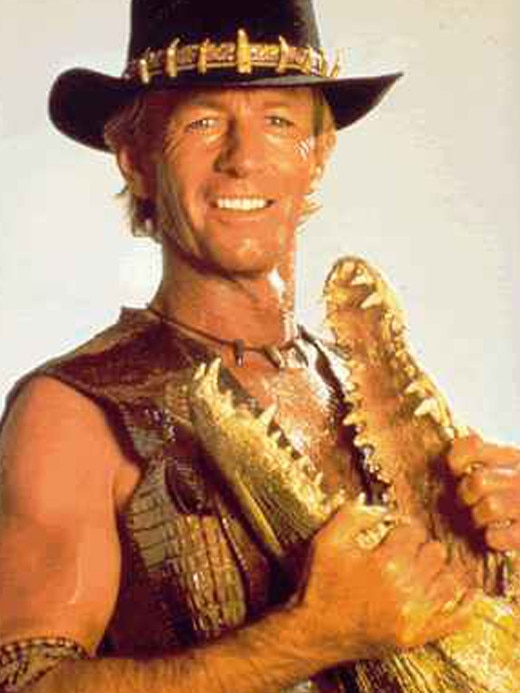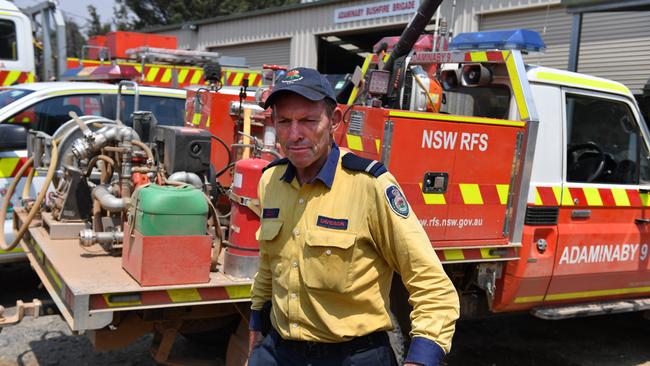
Obviously, our preference is to do both, and the national cabinet seems to have assumed both are equally doable; but when choices have to be made, such as when considering the health upsides versus the economic downsides of rigorous social distancing, where should the balance be drawn?
To what extent, for instance, should that wonderful Australian commitment to a “fair go” for all, be tempered by that equally wonderful injunction to “have a go”, even in difficult circumstances?
Personally, I’ve always tended towards “having a go” (most Liberals do, I suspect), especially as it is hard to expect to get a fair go unless you’re prepared to give one too. Of course, faced with a pandemic, our first instinct is to protect everyone as far as possible from a potentially deadly disease.
And yes, if our borders are completely sealed indefinitely and everyone stays at home as far as possible for long enough for the disease to be locally extinguished, very few people will die. But it’s not in our nature, as humans, especially as Australians, to be ready for long to “stay under the doona”, as the Prime Minister put it. So at what point do we decide we have to live with the risk of catching coronavirus (albeit while taking reasonable precautions) as we do with the risk of catching seasonal flu, being bitten by a shark while surfing or having a road accident?
The national character of 25 million individuals is notoriously hard to pin down. For one thing, Australians have a vast amount in common with everyone else, regardless of nationality; especially with the upwards of a billion people who speak English and who access much the same literature as we do and have large elements of shared history. Still, there must be something other than mere geography that explains the affinity that almost every Australian has for nearly any other Australian whenever we happen to meet in some corner of the globe.

Is it the “fair go/have a go” instinct; is it some concept of mateship that transcends wealth, background, neighbourhood or gender; or is it a subconscious shaping by an “up yours” larrikin culture starting with convicts and Aborigines and extending through Number 96 to Crocodile Dundee?
Without something that characterises us as Australians, and without some values that we have in common, even as we argue over what they might be or how they might need to change, it’s hard to see how we can hang together as a country. Plainly, it’s the job of today’s crop of national leaders and MPs to argue and resolve in detail how to deal with all the troubles of these times — from the pandemic, which will inevitably pass, even if its economic consequences linger for years, to more deep-seated issues such as living with a hegemonic power that doesn’t share our values; maintaining a dynamic economy while focusing on emissions reduction; having pride in our country despite a past that’s not perfect; rewarding effort and excellence without leaving people too far behind; and making government work tolerably well despite a bolshie Senate and states that demand national leadership but will never follow it.
I agree with Julia Gillard that retired prime ministers should normally avoid political commentary. Sometimes, though, with a lot of experience plus a bit of detachment comes perspective. While Australia remains just about the best possible place in the world to live, as the perennial queue of would-be migrants attests, I doubt that anyone would think our country has recently flourished quite to the extent it should. Apart from anything else, a decade of wage stagnation undermines the Australian conviction that our children will always be better off.

If our economic performance compares well, it is because we’re not the only country where do-gooder regulations make it harder and harder to get things done and where, consequently, the “talking class” is growing while the “doing class” is shrinking.
And if our society is still reasonably cohesive, it is because most people pay only passing attention to the grievance industry and the pushers of identity politics.
Since 2007, at least at the level of public policy, we’ve been less capable of making hard choices than in the Hawke-Howard era. Yes, making tough decisions and selling them to a sceptical public may be harder now because society is more fragmented and polarised. When merely to venture, for instance, that “all lives matter” (not just black ones) means running the gauntlet of the cancel culture, no wonder having a debate is difficult, let alone making decisions and getting them implemented. Yet leadership is always hard. It is only leaders of the highest quality who can make it look easy. And effective leadership is always based on values that most people can share.
Under the circumstances, I can’t think of a better time to ponder again what makes Australia unique, what makes Australians distinctive and how we might come closer to being our best selves in the years and decades ahead. At the very least, that should mean refamiliarising ourselves with our history and reacquainting ourselves with the songs and poems and books that moved our forebears. There will be a fierce dispute, of course, about whether it is possible even to have “Australian values”, let alone to specify what they are, but that has been part of our recent problem: an unwillingness to argue about the things that really matter lest someone, somewhere, be upset.
A podcast of former prime minister Tony Abbott in conversation with the Institute of Public Affairs’ John Roskam will go live at 9am today. This will be the first of three discussions on the Australian way of life and how to preserve it.






The biggest policy question to be decided in Australia right now is not how best to run quarantine hotels or whether to extend the JobKeeper wage subsidy. It is something that seems not to have been discussed, explicitly at least, by the national cabinet; even though it should have underpinned all our responses to the coronavirus crisis: namely, the extent to which saving lives should or should not take precedence over preserving the economy.